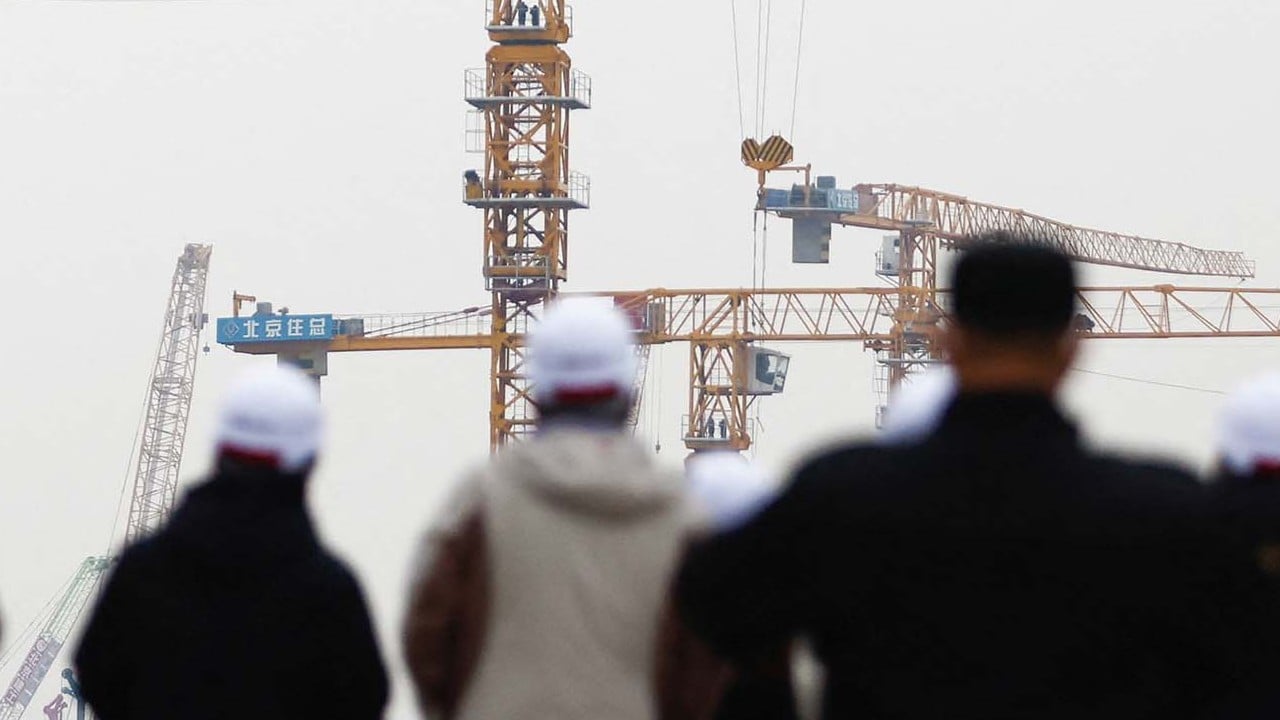
China bull Ray Dalio’s Bridgewater dialled down holdings in Chinese stocks such as Li Auto, Baidu, iQiyi and Yum China in the last quarter
- New York-headquartered Tiger Global Management also made similar moves, the company’s 13F filing shows
- Bridgewater, however, boosted its holdings in Futu by more than 180 per cent, bringing its total layout to US$14.8 million
The fund recorded a 15 per cent drop to US$1 billion in the value of its equity stakes in 44 US-listed Chinese companies, in its latest 13F regulatory filing for the December quarter. Its overall stock portfolio recorded a 7.2 per cent drop in value from the previous quarter to US$18.3 billion as of December 31, when it exited 133 companies and bought 87 new ones.
The Westport, Connecticut-based firm slashed its holdings in electric-vehicle maker Li Auto and drug maker Hutchmed by almost 50 per cent in the last quarter. It also trimmed stakes in most other Chinese American depository receipts, including those of search-engine giant Baidu, video-streaming platform iQiyi and fast-food chain operator Yum China, by 2 to 48 per cent, according to its filing.
The two US money managers took advantage of a huge rebound in Chinese stocks in the last quarter. After China scrapped its stringent zero-Covid control measures in November, the MSCI China Index of 713 stocks – traded at home and abroad – became one of the best performers among major global indices by jumping 13.4 per cent in the fourth quarter, which helped restore US$2.3 trillion of market value at index members.
Dalio’s hedge fund sells Alibaba, JD.com and 3 others in US$1 billion exit
The profit taking by Bridgewater and Tiger Global was, however, in contrast with decisions by some top industry peers, including Michael Burry’s Scion Capital, Farallon Capital Management and Coatue Management. The three scooped up a total of 7 million Alibaba Group Holding shares with a combined value of more than US$625 million in the last quarter, according to filings.
Bridgewater boosted its holdings in Futu by more than 180 per cent, bringing its total layout to US$14.8 million. It also bumped up its positions in Taiwan Semiconductor Manufacturing Company by 15 per cent, three months after betting on the world’s biggest contract chip manufacturer.
Bridgewater also exited major US chip makers, such as Advanced Micro Devices, Micron Technology and Nvidia, last quarter amid the Biden administration’s looming technology export ban on China. It also cut holdings in Microsoft and Apple by 95 and 94 per cent, respectively, cashing out a total of US$106 million.
The hedge fund’s stock portfolio made a 6 per cent gain last year, weathering the worst global equity market since 2008.


